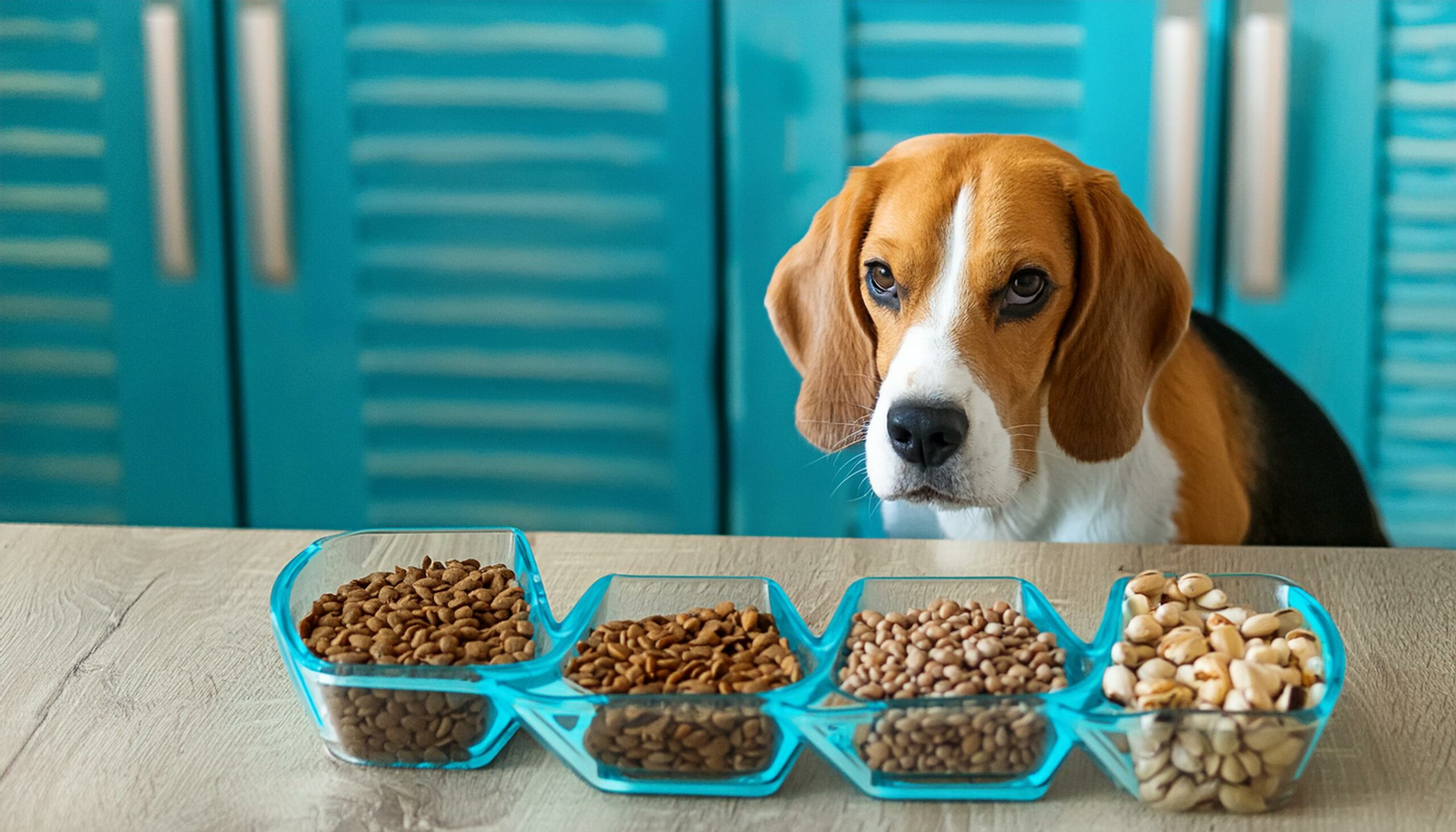Beagles, with their adorable faces and loving personalities, are not just great companions but also wonderful family pets. However, to keep your Beagle healthy and happy, it’s crucial to understand what they should eat. In this comprehensive guide, we’ll explore everything you need to know about the dietary needs of Beagles and how to ensure they receive proper nutrition.
Introduction to Beagles
Brief History of Beagles
Beagles have a rich history that dates back to ancient times. Originally bred as scent hounds, Beagles were used for hunting small game such as rabbits and hares. Their excellent sense of smell and relentless determination made them popular among hunters.
Overview of Beagle Characteristics
Beagles are small to medium-sized dogs known for their friendly demeanor and curious nature. They have a distinctive bay that they use to communicate with their owners and fellow dogs. Beagles are energetic and playful, making them excellent companions for families and active individuals.
Understanding Beagle Dietary Needs

Importance of a Balanced Diet
Like all dogs, Beagles require a balanced diet to maintain optimal health and well-being. A balanced diet provides essential nutrients such as protein, carbohydrates, fats, vitamins, and minerals, which are necessary for growth, energy, and overall body function.
Factors Influencing Beagle’s Dietary Requirements
Several factors influence a Beagle’s dietary needs, including age, size, activity level, and any underlying health conditions. Puppies, for example, require a diet higher in protein and calories to support their rapid growth and development, while senior Beagles may need fewer calories to maintain a healthy weight.
What Do Beagles Eat?
Nutritional Requirements for Beagles
To meet their nutritional needs, Beagles require a diet that is rich in high-quality protein, moderate in fat, and balanced in carbohydrates. Protein is essential for muscle development and repair, while fat provides a concentrated source of energy. Carbohydrates, such as grains and vegetables, supply fiber and essential nutrients.
Best Food Choices for Beagles
When it comes to feeding your Beagle, you have several options to choose from:
Commercial Dog Food Options
High-quality commercial dog foods formulated for small to medium-sized breeds like Beagles are a convenient and balanced option. Look for products that list meat as the first ingredient and avoid those containing fillers, by-products, or artificial additives.
Homemade Diet Considerations
Some owners prefer to prepare homemade meals for their Beagles, allowing them to have complete control over the ingredients. If you choose this route, work with a veterinarian or canine nutritionist to ensure the recipes meet your Beagle’s nutritional needs.
Treats and Snacks for Beagles
Treats are an essential part of training and bonding with your Beagle, but it’s crucial to choose healthy options. Opt for treats made from natural ingredients and avoid those high in sugar, salt, or artificial additives. Fruits, vegetables, and lean meats can make excellent treats for Beagles.
Feeding Guidelines for Beagles

Frequency of Meals
Most adult Beagles do well with two meals a day, while puppies may require three or more smaller meals to support their energy needs. Establishing a regular feeding schedule can help prevent overeating and digestive issues.
Portion Control
Beagles have a tendency to overeat if given the chance, so it’s essential to measure out their food portions carefully. Follow the recommended serving sizes based on your Beagle’s age, weight, and activity level, adjusting as needed to maintain a healthy body condition.
Food Safety Tips for Beagles
Always provide fresh, clean water for your Beagle to drink and wash their food and water bowls regularly to prevent bacterial contamination. Avoid feeding them table scraps or foods that are toxic to dogs, such as chocolate, onions, and grapes.
Special Dietary Considerations for Beagles
Dealing with Allergies
Beagles, like other breeds, can develop food allergies or intolerances to certain ingredients. If you suspect your Beagle has a food allergy, consult with your veterinarian to identify and eliminate the offending ingredient from their diet.
Managing Weight Issues
Beagles are prone to obesity, so it’s essential to monitor their weight closely and adjust their diet and exercise routine accordingly. Avoid overfeeding and incorporate regular exercise into their daily routine to help them maintain a healthy weight.
Conclusion
Proper nutrition is essential for the health and well-being of your Beagle. By understanding their dietary needs and making informed choices about what to feed them, you can help your Beagle live a long, happy, and healthy life.
FAQs about Beagle Nutrition
What are common food allergies in Beagles?
Beagles can be allergic to ingredients like chicken, beef, grains, and dairy.
Can Beagles eat human food?
While some human foods are safe for Beagles in moderation, it’s essential to avoid foods that are toxic to dogs.
How often should I feed my Beagle?
Most adult Beagles do well with two meals a day, while puppies may require more frequent feeding.
Are there any foods Beagles should avoid?
Yes, Beagles should avoid foods like chocolate, onions, grapes, and foods high in sugar or salt.
How can I tell if my Beagle is getting the right nutrition?
A healthy coat, good energy levels, and regular bowel movements are signs that your Beagle is getting the nutrients they need from their diet.
